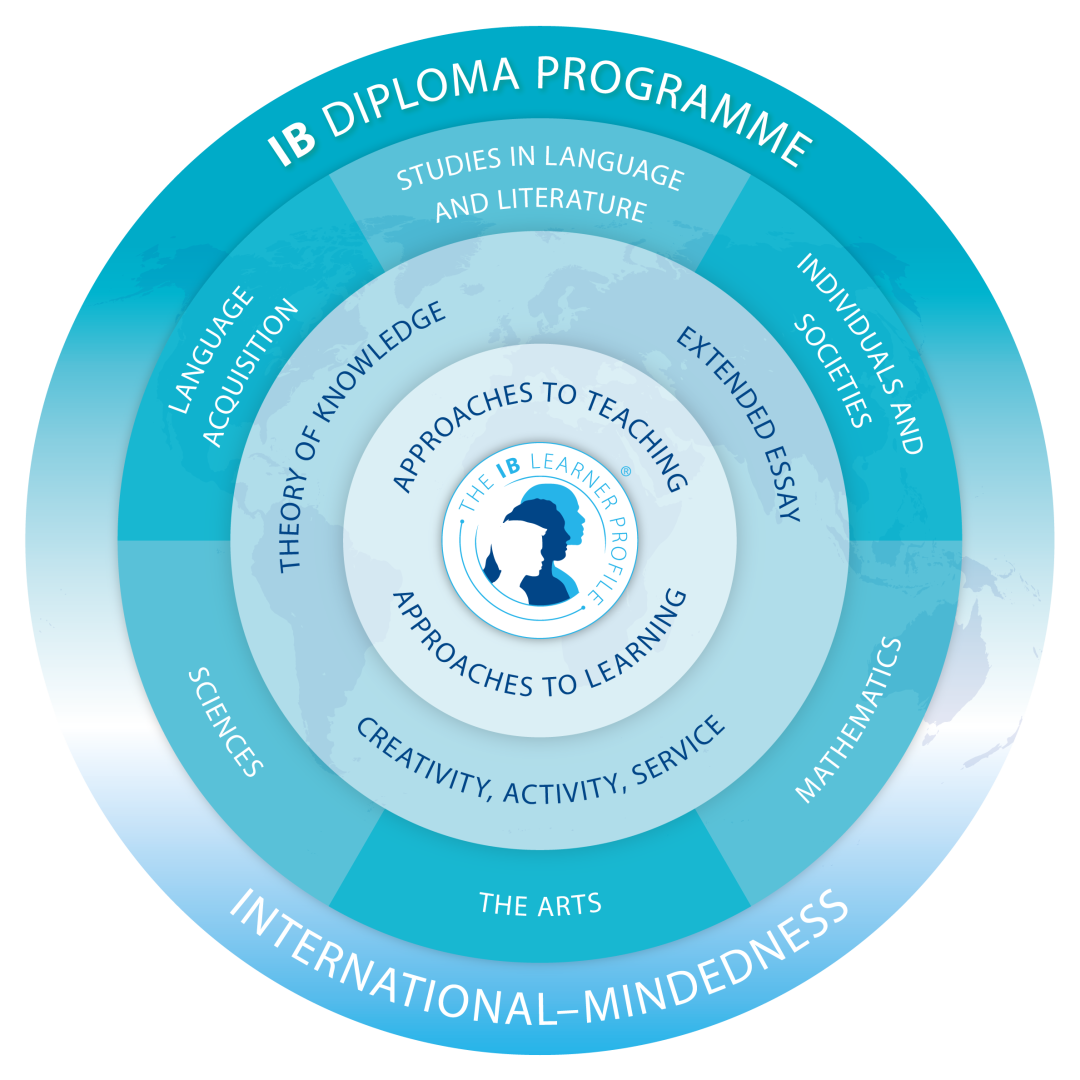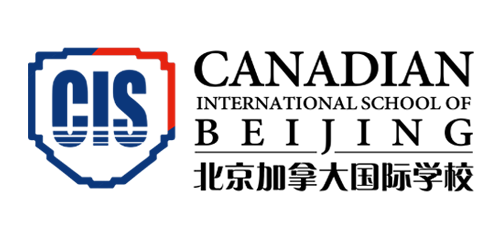The ultimate goal for families is to prepare their children for the future and to support them in achieving their best.
CISB is an IB World school culminating in the final two years in Grades 11 and 12 called the Diploma Programme. CISB offers graduates the opportunity to obtain a Canadian (New Brunswick) High School Diploma as well as the International Baccalaureate (IB) Diploma.

You may have questions about the Diploma Programme. We asked our DP coordinator Vishwas Kulkarni to explain the program and what it can offer students.

Vishwas Kulkarni
If you have any questions about the IB DP, please contact our coordinator at Vishwas.Kulkarni@cisbeijing.com

The IB Diploma Programme (IBDP) offers students opportunities to engage in an in-depth study of a wide range of disciplines that they are genuinely interested in, especially considering their university and career pathways. In addition to developing breadth and depth of subject knowledge, each discipline engages students in inquiring about the real-world application of the concepts and content. This helps them develop communication, self-management, thinking, and research skills essential for 21st-century learners.
DP teachers provide students with holistic learning experiences by following six pedagogical principles:
- Based on inquiry
- Focused on conceptual understanding
- Developed in local and global contexts
- Focused on effective teamwork and collaboration
- Differentiated to meet the needs of learners
- Informed by assessment (formative and summative)

How is the programme structured?
The Diploma Programme offers students a choice of subjects within six subject groups as represented in the model below:

Each subject is defined by specific curricular goals, teaching and learning approaches, and assessment models. In addition to the six subject combinations, students are required to engage in the Core that consists of Theory of Knowledge (TOK), Extended Essay (EE), and Creativity, Activity, and Service (CAS). Learning experiences through the Core enable them to develop their Learner Profile attributes and skills.
How do students decide what subjects they should take? Do you offer any guidance on subject selections?
To help students make informed choices about subject combinations, we begin the consultation process in Grade 10. A subject choice information session is conducted for parents and students, where detailed descriptions of each course and the credits they can earn toward university admissions are provided. Once the student interest survey is generated, we align their choices with the school’s promotion.

Tell me about Assessment in the DP Program.
DP assessments play a number of roles. In addition to certifying achievement for universities and other agencies, they reinforce the importance of IB curriculum goals. They also provide information about student performance that will direct them to the areas in need of improvement. Summative assessments to determine a student’s achievement level are generally conducted at the end of a course of study or unit of work. Formative assessments, aimed at identifying the learning needs of students, form part of the learning process. DP assessments judge students’ work in relation to identified levels of achievement and not in relation to other students’ work.
Students take written examinations at the end of the program, which external IB examiners mark. Students also complete assessment tasks in the school, which are either initially marked by teachers and then moderated by external moderators or sent directly to external examiners.
The marks awarded for each course range from 1 (lowest) to 7 (highest ). Assessment is criterion-related, which means student performance is measured against pre-specified assessment criteria based on the aims and objectives of each subject curriculum rather than the performance of other students taking the same examinations.
As coordinator, how do you collaborate with the CISB community?
Parents are kept informed about the program via Parents as Parents workshops, Managebac, parent-teacher conferences, and various other forums. Regular collaborative meetings with the PYP and MYP coordinators enable us to align the curricular goals and assessments. The senior administration and department heads are consulted for curriculum development, assessments, consolidating the Core (EE, TOK, and CAS), and student well-being; all DP teachers meet on a weekly basis to take the program forward by sharing, reflecting, and strengthening the best practices.
The students who are at the center of the program are highly valued for their voices and are consulted throughout the learning process regarding the planning of assessments, timelines, and events.

What are the requirements for DP certification?
The diploma is awarded to candidates who achieve a minimum score of 24 (out of 45) and fulfill the other minimum requirements. Students may choose not to enroll in the full DP but take only particular DP subject courses (e.g. Mathematics HL or Economics SL) or any of their core components (TOK, EE, and CAS). The award for each course is not the diploma but a series of scores from one to seven. These individual subject results are referred to as Diploma Programme course results (formerly called a certificate of results).
How does the DP help students prepare for university?
Throughout the Diploma Programme, students experience wide-ranging expositions to the subjects’ real-world applications. This helps them develop their understanding of the content by collaborating with peers, critically evaluating knowledge claims, and developing their approaches to learning via skill development. Thanks to this process, students are more reflective and informed about the challenges that university life offers in general. Universities around the world highly recognize the potential that DP students bring to the cultures of their schools and are considered, according to the International Baccalaureate Organization (IBO), to be “ambitious, and well-prepared for success – in further study, and in life beyond.”
Beyond intellectual rigor and high academic standards, CISB places emphasis on the ideals of developing an international understanding, cross-cultural awareness, and global citizenship.

